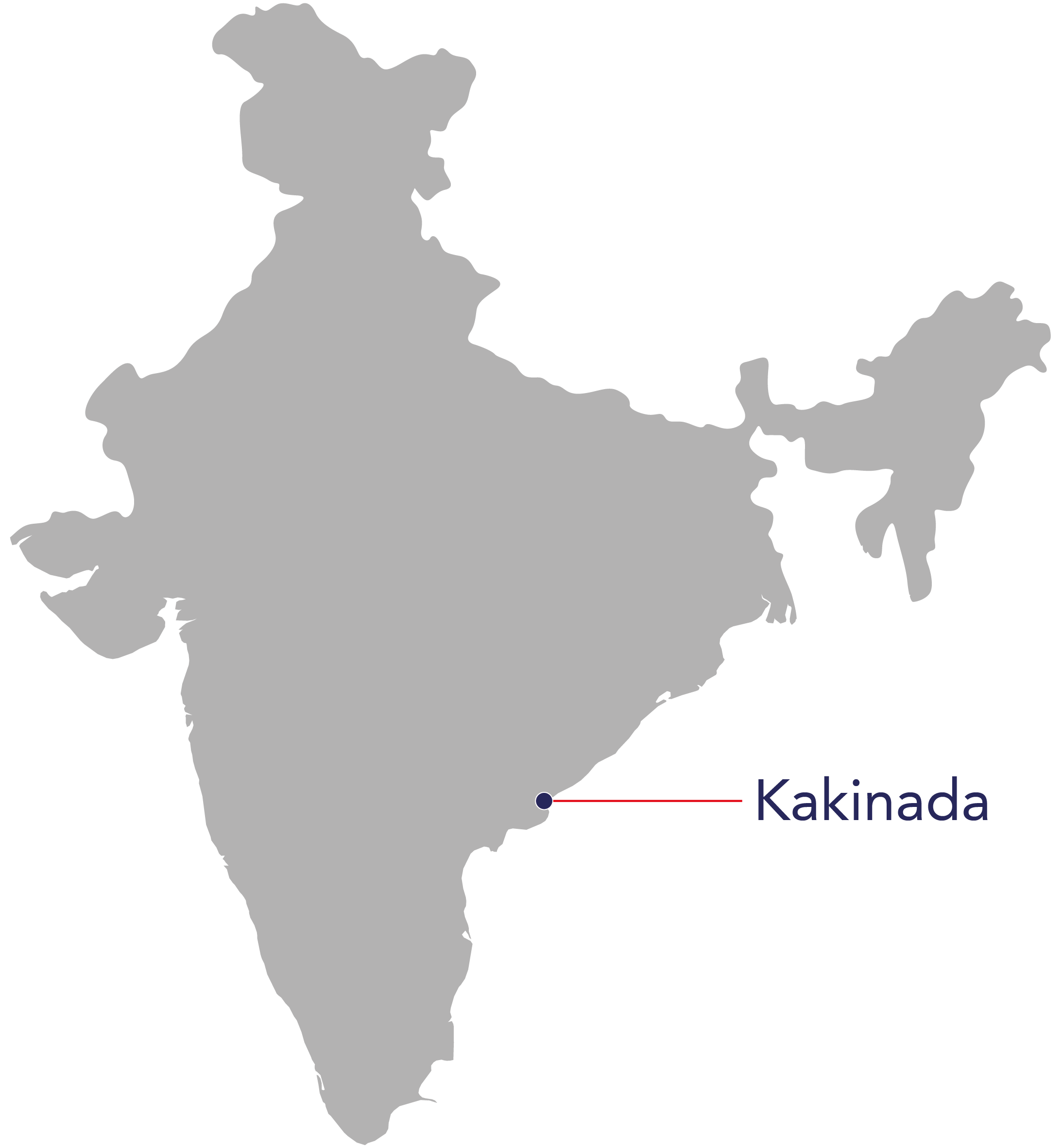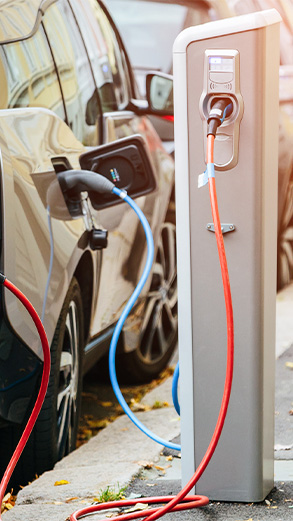Countries:
Kakinada
India
Status:
Completed
Sector:
Mobility
Enhancing individual and institutional capacities to facilitate the transition to electric public transport systems in Kakinada city, Andhra Pradesh.
Kakinada is one of 20 planned Smart Cities in India which aim to be sustainable and citizen-friendly. However, Kakinada lacks bus services and clean modes of transportation to achieve this aim, with diesel and petrol vehicles being the most dominant transport type, accounting for ~40% of total journeys.
The aim of the project was to contribute to the acceleration of electric mobility adoption in Kakinada. Improved skills, a more enabling environment, and access to finance were planned to lead to significant reductions in greenhouse gas emissions and air pollution.
Another aim was to lay the foundation for successfully integrating E-buses and electric 3-wheelers (e3Ws) into the city transport system. It also raised awareness about electric vehicles (EVs) to encourage uptake. Additionally, the project worked to enhance the skills and capacities of stakeholders in the e-mobility sector – such as city officials, marginalised communities, power utilities, financial institutions, and entrepreneurs – with the aim of generating employment opportunities and supporting the broader e-mobility ecosystem. The project created an E-Vahanam portal as an EV knowledge hub, which was handed over to the Kakinada Municipal Corporation (KMC) to ensure sustainability beyond the project.
“I appreciate the stellar support of RTI India team and UK PACT on implementing the e-mobility programme on the ground. The interventions under this project will result in accelerated adoption of E-mobility in the region.”
K. Ramesh
Ex-Commissioner, Kakinada Municipal Corporation (KMC)
“I am grateful for the opportunity to have my diesel auto retrofitted into an electric vehicle. Now, I am able to spend more time with my disabled son, completing the same trips in less time. I extend appreciation to UK PACT and RTI in making this transition possible and for empowering me with an eco-friendly means of transportation.”
Dorababu
E3W retrofit beneficiary
“I bear the responsibility of looking after my son and his education, so I enrolled in the RTI India E3W drivers training programme. I have received my DL and am planning to buy a new electric auto. Being a female driver, I faced discrimination from people in my own locality. However, I am keen to purchase an electric auto and earn a decent living.”
A. Kanakalakshmi
E3W driver training program trainee

identified 70 priority locations for installing E3W charging infrastructure
enables easy financing for marginalised women and youth in Kakinada to buy electric three-wheelers
increased through workshops and a city-specific web portal and knowledge repository on EVs (“E-Vahanam”)
trialled to demonstrate and promote the adoption of electric three-wheelers by diesel auto owners
To facilitate the shift from conventional fuel-based transportation to sustainable electric public transport, the project team adopted a phased transition approach. The initial phase of the project focused primarily on planning the transition to electrified public transport systems in the city. The second phase then focused on implementation. Key steps included:
from disadvantaged groups were trained as E3W drivers and 35 have since received drivers licenses
from disadvantaged groups were trained as EV repair and service technicians and charging station operators
have been offered jobs in and around Kakinada so far, following the training held
applied for electric auto loans under the State Bank of India's Mudra Scheme – the first women able to do so
In Kakinada, prior to the project in 2021, there were no electric vehicles financed for women, no women drivers in public transport, and a lack of gender-inclusive transport planning. The project successfully improved from this baseline, with key GESI achievements including:

The next steps and recommendations from the project are:
Lorem ipsum dolor sit amet, consectetur adipiscing elit ut aliquam, purus sit amet luctus venenatis. Vel fringilla est ullamcorper eget nulla facilisi etiam dignissim diam quis enim lobortis scelerisque.
UK PACT (Partnering for Accelerated Climate Transitions) is a unique capacity-building programme. Jointly governed and funded by the UK Government’s Foreign, Commonwealth and Development Office (FCDO) and the Department for Energy Security and Net Zero (DESNZ) through the UK's International Climate Finance, it works in partnership with countries with high emissions reduction potential to support them to implement and increase their ambitions for tackling climate change.
© Copyright 2025 UK PACT Privacy Notice Cookie Policy